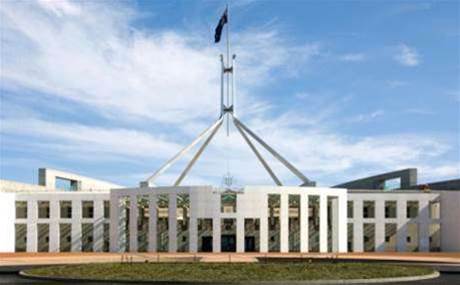The Australian Tax Office has requested state property records as far back as September 20 1985 in a bid to catch tax cheats by bolstering its data matching program.

While the ATO has previously collected various property-related information as part of its data matching efforts, the latest move marks a significant increase in these powers.
The ATO already matches all applications made by overseas nationals to the Foreign Investment Review Board between 1 July 2010 and 30 June 2016 against its tax records, to make sure offshore investors are meeting all their obligations.
The most recent request covers all relevant records held by the residential tenancies board, state revenue office and land titles office in each state and territory in Australia.
By the ATO’s own estimation, the request will dig up around 1 million rental bond and 30 million land title office records each year.
The request gives the ATO access to various personal details about rental property landlords, including their full name, address, date of birth and contact number, as well as the full name and address of the managing agents.
Rental property details set to be gathered by the ATO include the length of the lease, weekly rent, number of bedrooms, amount of bond held, type of dwelling, full address, when the lease commenced and the date it expired.
The ATO also wants various personal details about anyone who has purchased or sold a property since 1985, including their name, address, date of birth, Australian Company Number (ACN) or Australian Business Number (ABN).
In addition, the agency is gaining access to information about every property sold since September 1985, including their address, land area, total transfer price, valuation, sale contract date and settlement date.
In a notice appearing in the Government Gazette, the ATO estimated that the property transaction details will be able to be linked back to 11.3 million individuals.
“The purpose of this data matching program is to ensure that taxpayers are correctly meeting taxation and other program obligations administered by the ATO in relation to their dealings with real property. These obligations include registration, lodgment, reporting and payment responsibilities,” the ATO stated.
The objectives of the program, according to the ATO, are to ensure compliance with tax law, minimise future risk to tax revenue, obtain intelligence about tax avoidance trends, and to better understand the issues around the use of real estate to minimise taxes.
It also claims that because property owners hold on to properties for a number of years before selling them off, it is important for the agency to hold a complete record of property transactions back to September 1985.
Under Australian privacy laws, any government agency who wants to match discrete data sets affecting more than 5000 people has to make a public notice of that intention.
The ATO has previously enlisted records held by numerous other third-party organsiations as part of its data matching efforts, including Uber, eBay, the ASX, Computershare, Ink Market Services, Advanced Share Registry Services, Boardroom and Security Transfer Registrars.


.png&h=140&w=231&c=1&s=0)
_(23).jpg&h=140&w=231&c=1&s=0)

_(36).jpg&h=140&w=231&c=1&s=0)





 iTnews Executive Retreat - Security Leaders Edition
iTnews Executive Retreat - Security Leaders Edition
 iTnews Cloud Covered Breakfast Summit
iTnews Cloud Covered Breakfast Summit
 Melbourne Cloud & Datacenter Convention 2026
Melbourne Cloud & Datacenter Convention 2026
 The 2026 iAwards
The 2026 iAwards












_(1).jpg&h=140&w=231&c=1&s=0)



